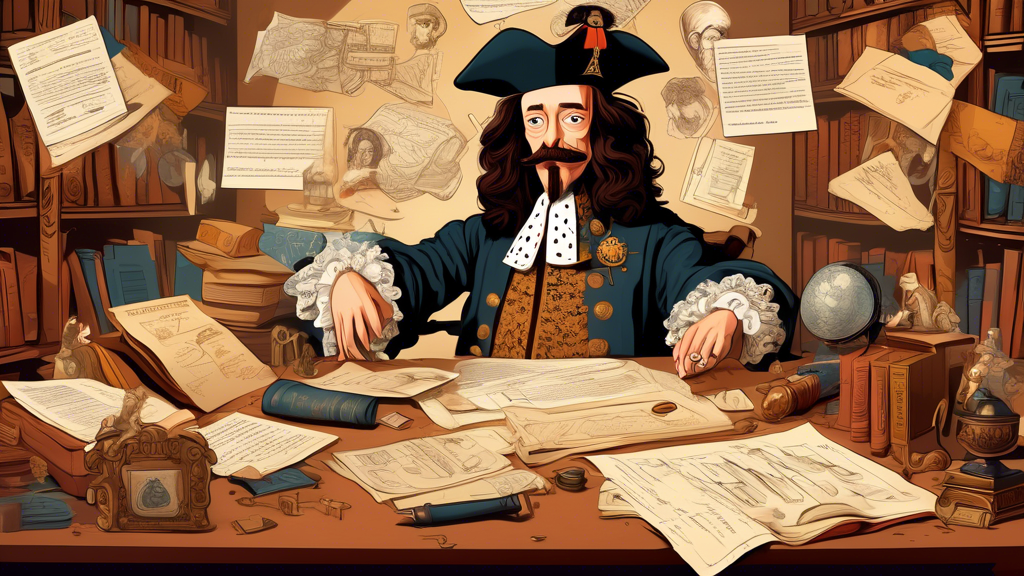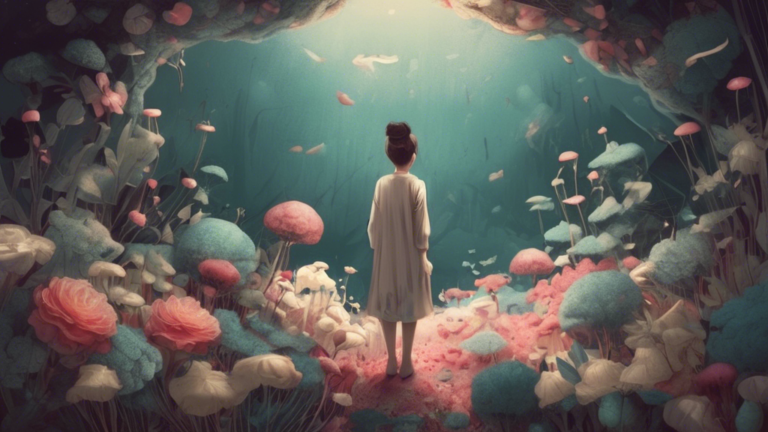Background and Early Life
King Charles III, previously known as Prince Charles, was born on November 14, 1948, making history as the longest-serving heir apparent and the oldest person to accede to the British throne. Born to Queen Elizabeth II and Prince Philip, Duke of Edinburgh, Charles was thrust into the public eye from an early age, growing up in the spotlight of post-war Britain. His education was a blend of traditional and innovative approaches, including attendance at Hill House School in London, Cheam School, and Gordonstoun in Scotland, which his father had also attended. Later, he became the first British heir apparent to earn a university degree, graduating from the University of Cambridge.
Titles and Duties
Before ascending to the throne, Charles held numerous titles, the most notable being the Prince of Wales, a title he was awarded in 1958 and formally invested with in 1969. Throughout his tenure as Prince, Charles took on a range of public duties and was known for his philanthropic efforts, including the founding of The Prince’s Trust in 1976, a charity dedicated to improving the lives of young people. He has also been an outspoken advocate on issues such as climate change, architecture, and urban planning, establishing himself as a forward-thinking member of the British royal family.
Personal Life
Marriages
Charles’s personal life has been subject to intense media scrutiny. His first marriage, to Lady Diana Spencer in 1981, was a global spectacle watched by millions. The couple had two sons, Prince William and Prince Harry, before their eventual divorce in 1996. His second marriage, to Camilla Parker Bowles in 2005, marked a new chapter. Upon his accession to the throne, Camilla became known as the Queen Consort.
Interests and Advocacies
King Charles has a well-documented interest in environmental conservation, organic farming, and combating climate change. He has written books and delivered numerous speeches on these topics, advocating for sustainable practices and greater awareness of human impacts on the planet. His private estate, the Duchy of Cornwall, has been a model of his commitment to organic farming. Additionally, Charles is a patron of arts and literature, supporting various organizations and initiatives throughout the UK.
Accession and the Future
Following the death of Queen Elizabeth II, Charles ascended to the throne, bringing with him decades of experience in public service and philanthropy. His reign promises to be one of modernization and adaptation, as he seeks to balance the traditions of the monarchy with the demands of contemporary society. How he will navigate these challenges remains to be seen, but his past actions suggest a reign that will be characterized by compassion, innovation, and a commitment to global issues.
Legacy and Impact
King Charles’s impact on the British monarchy and his contributions to public life before ascending the throne have been substantial. His advocacy for the environment and social issues has set a precedent for royal involvement in global challenges, offering a glimpse into how the monarchy can remain relevant in the 21st century. As king, Charles’s legacy will undoubtedly be shaped by his ability to adapt and respond to the needs of not just the Commonwealth, but also a rapidly changing world.




